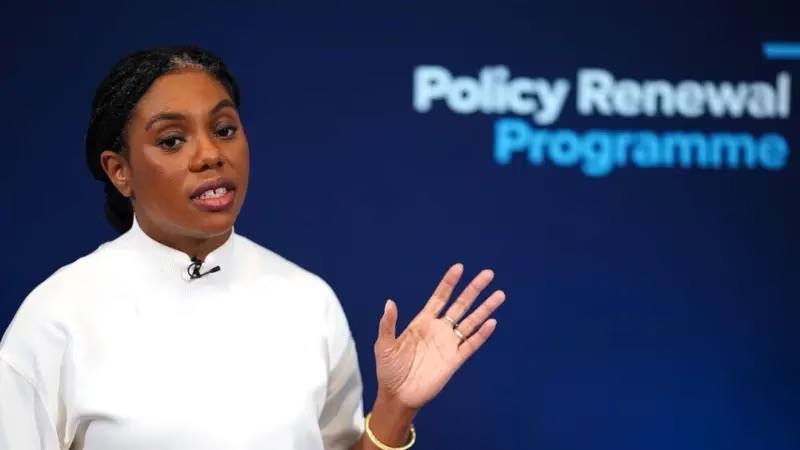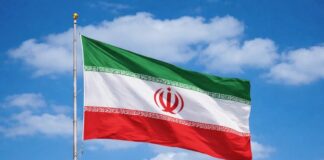Nigeria’s oil-rich Rivers State has become the epicenter of a dramatic political conflict that has captivated the nation. President Bola Tinubu recently declared a state of emergency in Rivers State, suspending Governor Siminalayi Fubara and the state’s lawmakers. The announcement has raised eyebrows, with debates over legality, governance, and the delicate balance of power dominating public discourse.
The crisis unfolded after tensions escalated between the governor and state lawmakers, who initiated impeachment proceedings. Adding fuel to the fire, pipeline vandalism threatened Nigeria’s status as Africa’s top oil producer. President Tinubu criticized Governor Fubara for failing to address these challenges, leading to his unprecedented suspension.
The Nigerian Constitution allows for emergency rule in rare circumstances to restore law and order. However, the suspension of elected officials has drawn criticism from legal experts, who argue that it challenges constitutional principles. The unfolding events in Rivers State could set a significant precedent for future governance in Nigeria.
This crisis not only highlights the struggles of managing Nigeria’s vital oil infrastructure but also underscores the importance of maintaining democratic processes and the rule of law. As the situation develops, Nigerians and global observers alike await the resolution of this pivotal political drama.





